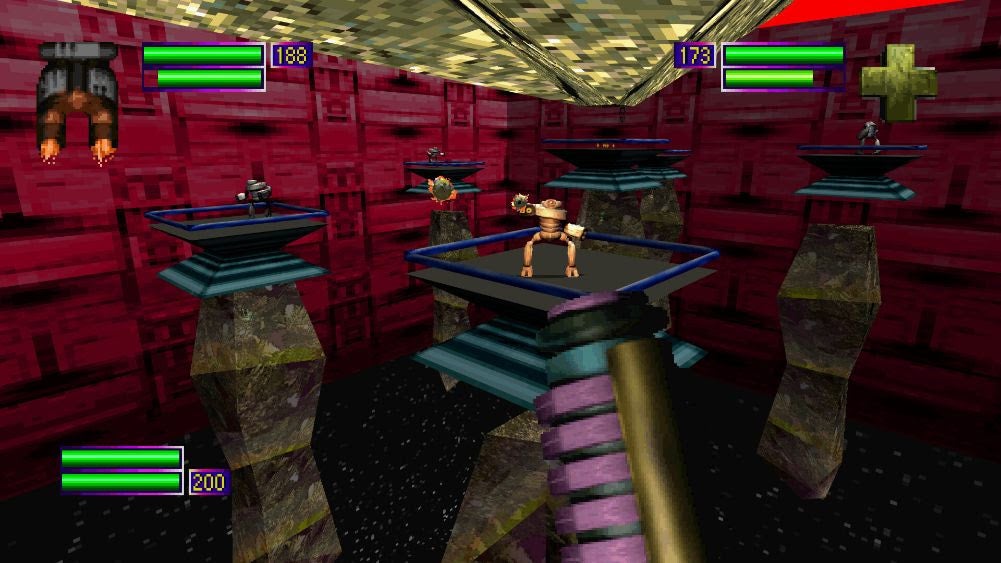Unlike other genres, the pleasure of a good murder mystery resides in its tropes. Cliches aren’t frowned upon in a whodunit, they’re leveraged to engrossing measures, lulling viewers into an entertaining sleight of hand that’ll eventually reveal the culprit. Killer Book Club begins on such a storytelling magic trick: The camera pulls away from a crackling fireplace, panning across a carpeted floor littered with pages drenched in gasoline. A young woman throws gas onto her screaming mother before setting herself and mom ablaze. If it looks like a banal B-movie copy of a murder mystery, that’s sort of the point. Killer Book Club wants to play a familiar deck.
That comfort ultimately betrays the intended tension. We feel throughout the bloody, gory Killer Book Club that we have a handle on what’s happening, enough to throw out impatient theories. Viewers are teased, teased, and teased again before learning their best guess wasn’t even close. Despite the subterfuge, at its core, this is also a run-of-the-mill slasher movie, guided by jealousy, mistaken motives, and a group of bumbling teens, but little else.
Spanish director Carlos Alonso Ojea’s college campus horror-mystery follows the shy Ángela (an elusive Veki Velilla). Six years ago, when she was in 8th grade, Ángela published a book – The Girl from Carrión – which appears to have inspired Killer Book Club's opening scene. Ever since then, she’s had writer’s block. Ángela walks through the bustling quad with her emo, peroxide-blonde boyfriend Nando (Iván Pellicer) to her weekly book club in the school library. The group’s meeting place isn’t merely at a desk, but hidden in a room located underneath some creepy stairs.
The other members of the club include the pesky Vanessa (Priscilla Delgado), hot-headed Rai (Carlos Alcaide), the influencer Koldo (Hamza Zaidi), the bitchy Eva (María Cerezuela), Ángela’s best friend Sara (Ane Rot), and the pretentious Sebas (Álvaro Mel), who might harbor a crush on Ángela. One of the few shocks in a film desperately in need of them comes from these temperamentally disparate characters already being friends, rather than thrown together by random circumstance. The ensemble’s chemistry is strong enough to stretch any initial incredulity one might feel as they discuss a fictitious book titled Killer Clowns.
The coulrophobia doesn’t end there: Screenwriter Carlos García Miranda uses the fear of clowns for Killer Book Club’s spin on I Know What You Did Last Summer. When Ángela’s professor (Daniel Grao) attempts to rape her during office hours (the film’s scariest scene), she and her friends band together to teach him a lesson. The eight students make the not so bright move to seize on a viral-video trend, dressing like clowns in order to frighten the professor. Long chases down even longer hallways conclude with him accidentally falling to his death. The friends make a sure-to-fail pact to remain quiet, but guilt turns to panic when an anonymous author on a forum publishes chapters of a book that not only concerns the murder, but also seems to predict, one-by-one, their deaths.
When a sinister figure wearing a clown mask and armed with a sharp hammer begins menacing Ángela and company, Killer Book Club shifts to mirroring Scream. Nuts and bolts thrills find an edge by virtue of the sharp sound mixing, amplifying each slash into roaring rips. Evocative shades of pink, red, and green lighting color every scene in uneasy hues, waiting for splattered blood to overtake the frame. These homicides don’t provide the cathartic release you’d like to see in a horror film; they’re not propelled by a sexual, psychological, or even political tension. Rather these scenes take delight in merely mimicking horror movies of the past.
And while Killer Book Club is enlivened by its murder-mystery tropes, its compulsion to identify them in dialogue grates. To a point, you expect that to happen – these characters, after all, are book nerds. But Ojea’s film attacks the potency of these cliches only to then employ them. While providing viewers breadcrumbs keeps them engaged, being left guessing until the end is not the same as being entertained.
Part of that disconnect concerns the Ángela. As a character, she’s a cipher for all of these horror-movie trappings to take shape around. A murder mystery thrives on misdirection, but a slasher lives through an empathetic heroine. You root for her to live because she represents a kind of innocence, trauma, or other human emotion. Horror movie villains also carry a certain set of expectations. The villain here is a figure born out of internet chat rooms through a convoluted backstory. But they’re menacing because they don’t exhibit physical emotion, whether rage or bloodlust. As the twists mount, this murderer’s blandness increases, withholding real fear and haunting angst to protect the humdrum secret at the center of the unengaging Killer Book Club.





